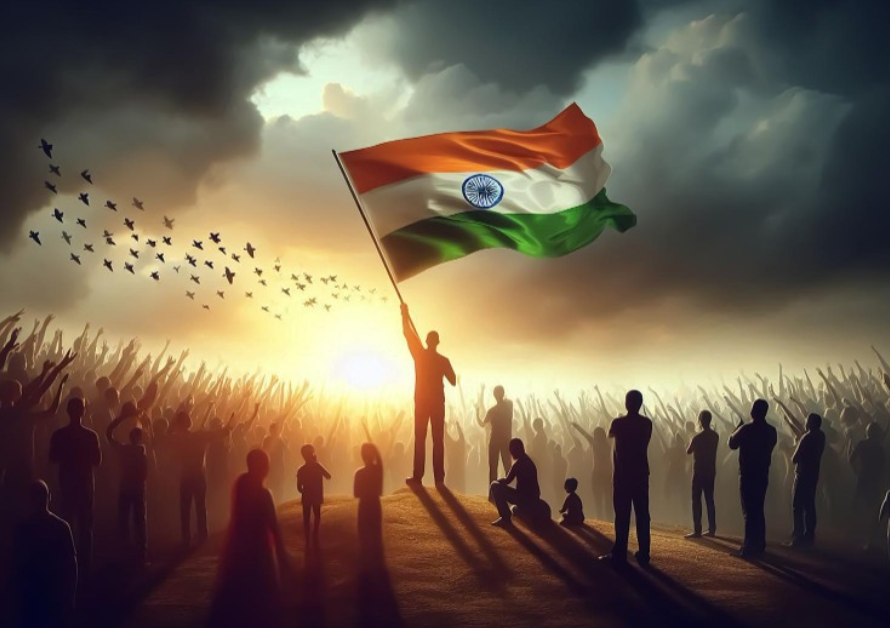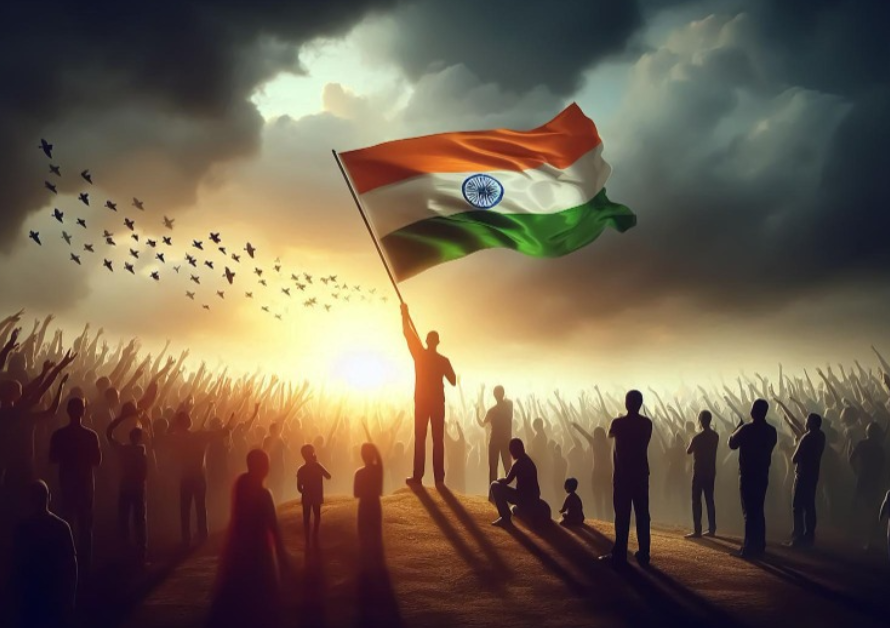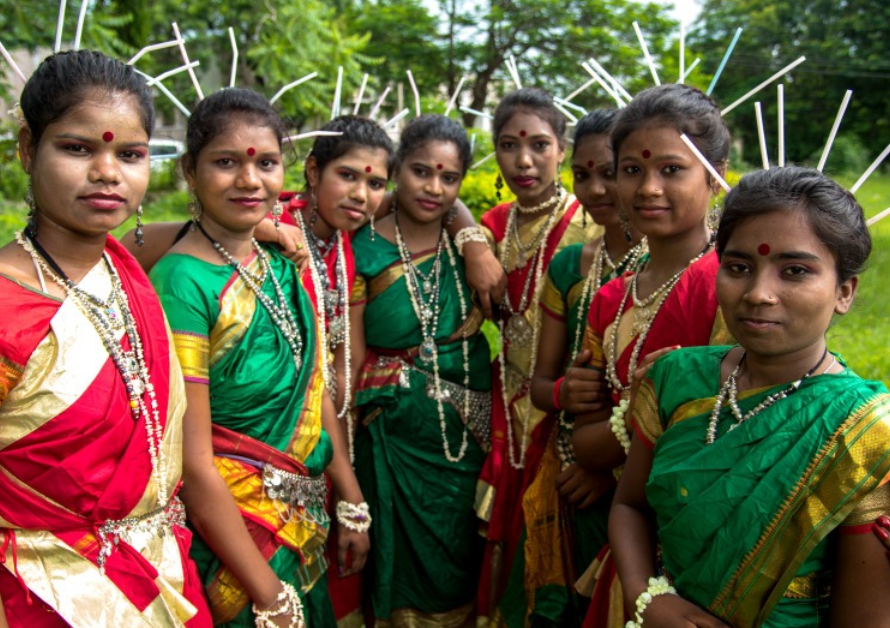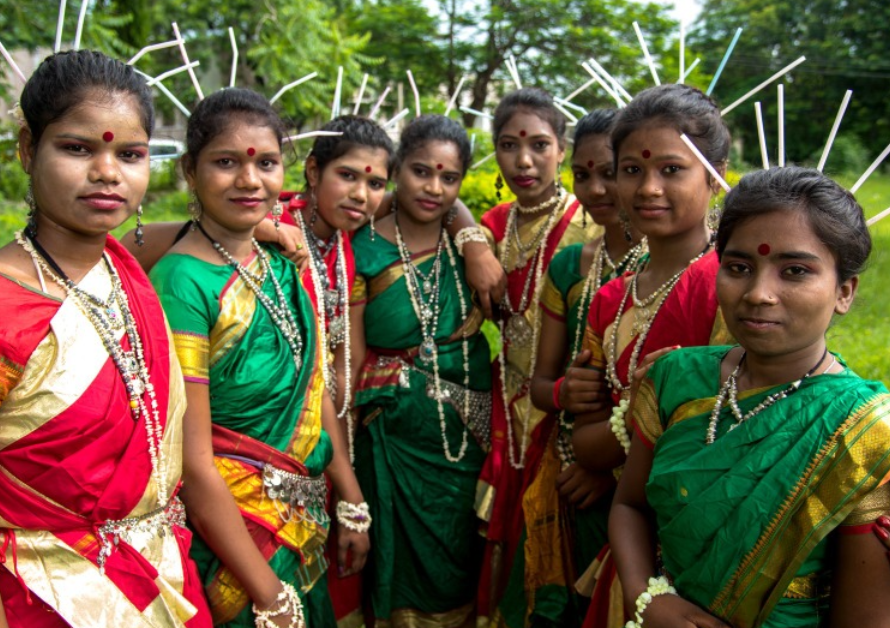India’s opposition parties have adopted a multi-faceted strategy to mislead citizens by exploiting their vulnerabilities and focusing on emotive issues like secularism, inflation, unemployment, caste, and community. Their ultimate goal is to regain power and reverse the transformative changes introduced during Modi’s tenure, taking the country back to the days of policy paralysis, corruption, and appeasement politics. Here’s how:
Weaponizing Secularism for Political Gains
Selective Secularism: Opposition parties often portray themselves as the torchbearers of secularism, but their actions often prioritize appeasement of specific communities over true inclusivity.
Hinduphobia: By demonizing Hindu traditions, festivals, and beliefs, they aim to alienate the majority community and create a false narrative of religious intolerance.
Defaming Nationalism: They equate nationalism with communalism, ignoring its unifying role in India’s progress.
Exploiting Inflation and Unemployment
Exaggerating Issues: While inflation and unemployment are global challenges, opposition parties amplify these issues without providing solutions, misleading citizens into believing these are exclusive to India.
Ignoring Global Context: They downplay factors like COVID-19 and geopolitical tensions (e.g., Ukraine war) that have disrupted economies worldwide, focusing solely on domestic criticism.
Discrediting Achievements: Initiatives like Skill India and Atmanirbhar Bharat have created jobs, but the opposition dismisses these efforts to paint a bleak picture.
Dividing Society on Caste and Community Lines
Caste-Based Politics: Instead of promoting social harmony, they fuel caste-based divisions by projecting themselves as champions of marginalized communities while sidelining real issues.
Reinforcing Identity Politics: Policies like caste-based quotas are exploited for votes rather than for genuine empowerment.
Community Appeasement: Minority communities are treated as vote banks through promises that often remain unfulfilled, creating discontent among other groups.
Undermining Modi’s Development Agenda
Opposing Reforms: Reforms like GST, demonetization, and agricultural laws faced severe backlash, not because they lacked merit, but because opposition parties saw them as threats to their traditional vote banks.
Stalling Progress: Policies that could benefit citizens are blocked or criticized without constructive alternatives, delaying their implementation.
False Narratives: Accusations of authoritarianism or crony capitalism are leveled without evidence, aimed at tarnishing the government’s image.
Promoting a Return to Corruption and Dynastic Politics
Eroding Trust in Institutions: By questioning the credibility of institutions like the judiciary, ECI, and armed forces, they aim to destabilize public trust.
Dynasty-Driven Politics: Many opposition parties continue to focus on family-centric leadership rather than meritocracy.
Silencing Progress: Under Modi’s leadership, schemes like Jan Dhan Yojana and Ayushman Bharat have empowered millions, but opposition parties fear losing their grip over dependent vote banks.
Playing the Victim Card
Blaming Democracy’s Decline: They claim India’s democracy is under threat, but their actions—boycotting sessions, promoting protests, and encouraging divisive rhetoric—speak otherwise.
Projecting Persecution: Leaders facing legal action for corruption or wrongdoing claim political vendetta, manipulating public opinion.
Consequences of Opposition’s Return to Power
If opposition parties succeed in their agenda, India may face:
Policy Paralysis: A return to indecision and stagnation.
Corruption Revival: A resurgence of scams and misuse of public funds.
Appeasement Politics: Policies favoring specific communities at the cost of national unity.
Weakened Global Standing: India’s assertiveness on the global stage could diminish, reversing years of progress.
Call to Action for Citizens
Stay Informed: Don’t fall prey to misleading narratives; analyze facts and question motives.
Evaluate Performance: Judge governments based on tangible achievements, not emotional rhetoric.
Prioritize National Interests: Focus on long-term development over short-term gains promised by opposition parties.
Promote Unity: Resist divisive tactics and support policies that strengthen India’s social fabric and economic progress.
India’s progress under Modi’s leadership is undeniable, but its continuation depends on the vigilance and wisdom of its citizens. Let us not allow political opportunism to derail the nation’s growth and unity.
Jai Hind, Jai Bharat
For more blogs please visit www.saveindia108.in and to join our whatsapp group please click https://chat.whatsapp.com/HxGZvlycYPlFvBO17O3eGW







